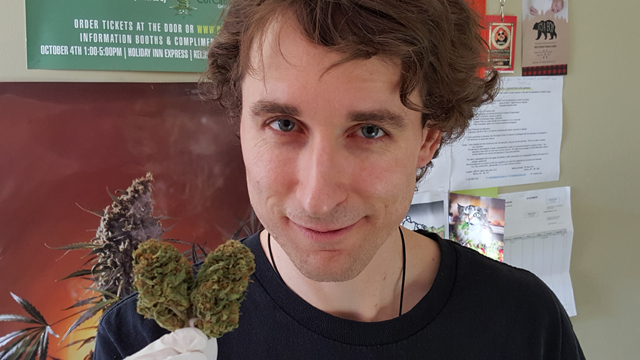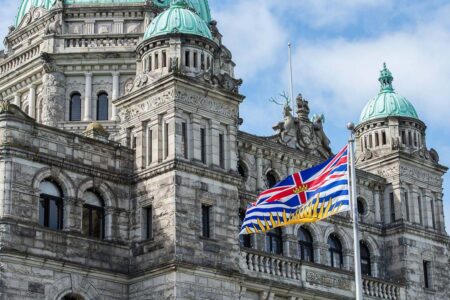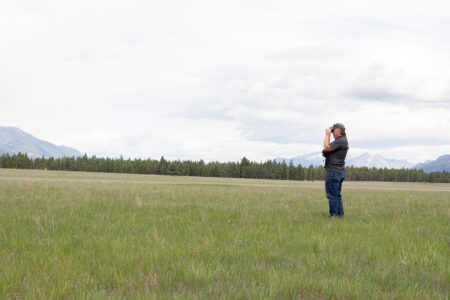Medical dispensaries eager to be part of conversation regarding Canada's marijuana legislation says local owner
Canadian Health Minister Jane Philpott recently took to the United Nations General Assembly special session on global drug policy to announce Justin Trudeau’s plan to keep his campaign promise to legalize recreational marijuana — legislation that is especially pertinent to those living in the Nelson area.
While the news certainly has the average or casual smoker excited, members of the burgeoning cannabis industry — including medical dispensaries — are taking the announcement seriously and are looking forward to Canada taking the lead in what will likely be an eventual, worldwide trend.
“I think it’s kind of ground-breaking because we’ve had our Minister of Health announce internationally that Canada is going to proceed with regulating cannabis for adults,” said Jim Leslie, director of the Kootenays Medicine Tree.
Leslie said that because this policy won’t be truly enacted until the spring of 2017, the longer time frame will be beneficial for those working in the cannabis industry as it will allow them to make their voices heard and take a seat at the table.
“It gives them some time to work with people, stakeholders and everyone who could be affected or has interest in seeing cannabis regulated,” said Leslie, with branch locations of Kootenays Medicine Tree in Nelson, at 601 Front Street, and Grand Forks.
“[They] should be able to be consulted as we get close to this policy being implemented and to see what it looks like at the end of this process.”
Leslie continued by saying that while the focus is currently on recreational marijuana, the medical cannabis industry has a big chance to become an integral part of the conversation as these talks move forward.
“Right now in the dispensary industry we’re considered to be operating in sort of a grey zone if you will, protected by case law from prior court decisions but not being regulated yet by the gov’t at any level,” he said.
“It’s possible that between now and then dispensaries can have a chance to be heard and maybe to get a spot at the table to be included in the medical apparatus that will be also attached to the recreational policies around cannabis. This can provide another opportunity for dispensary operators to become regulated and fall under some form of gov’t regulation.”
However, there are downsides to this long waiting period, and although it will grant some time to industry leaders to get things rolling, for the average Joe it means a year or more of pointless, and expensive, criminal charges.
“Despite Justin Trudeau’s clear campaign promise to move quickly to fix our marijuana laws — and stop the senseless arrests for simple possession — the government has spent the past six months . . . doing nothing,” Wayne Stetski, NDP MP for Kootenay/Columbia told The Nelson Daily.
“This means 18 months under a Liberal government of needless arrests and wasteful trials – tying up the police and our courts. The Justice Department confirmed it will cost taxpayers as much as $4 million a year.”
Stetski suggested that in the interim, it would make sense for the Liberals to de-criminalize possession of marijuana while they work on enacting full legalization.
As well, Stetski said that this is, after all, only an announcement of things to come, and nobody, including the Liberal government, knows what form these laws will take.
“We will have to wait and see how the Liberals roll this out,” Stetski said.
“There are many unanswered questions around what the legal age will be, will it be sold only in government stores, who will they buy product from, will it be accompanied by enhanced education around potential health impacts, how will enforcement be handled, to name a few.”
While the future of marijuana law in Canada is certainly murky, there is a great deal of potential here for our country to be at the forefront of this emerging, and profitable, industry.
The next year will be interesting for Canadians, whether they be casual users, politicians, or industry leaders.






















